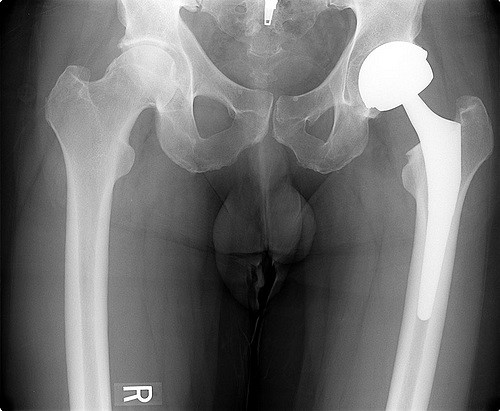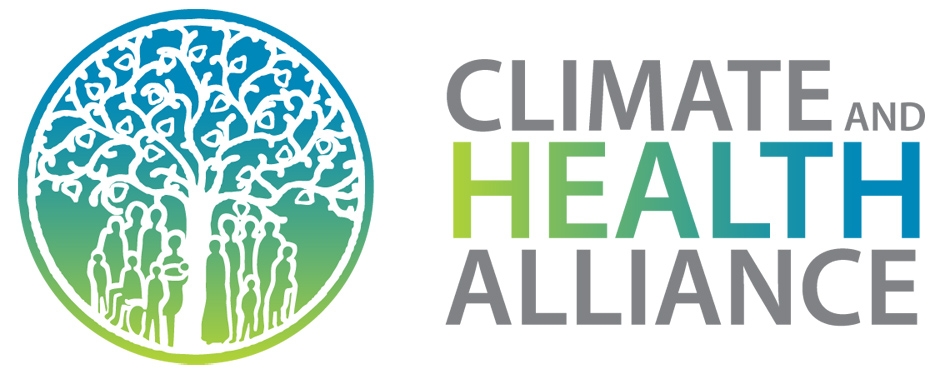DID YOU KNOW… that during this century, one billion people are likely to die from one specific chemical weapon of mass destruction? Tobacco! Tobacco control is the subject of the world’s first public health treaty – the Framework Convention on Tobacco Control (WHO FCTC) – organized by the World Health Organization, and endorsed by its general assembly in 2003. The treaty requires all countries signed up to it to prohibit the sale of tobacco to minors and to ban tobacco-related advertising, promotion and sponsorship. The WHO FCTC puts the major emphasis on demand reduction strategies, although it also considers strategies to help suppliers adjust and to minimize harm. Actions agreed to under the WHO FCTC are wide-ranging and affect all sectors of a country’s economy, not only its health sector. Seventy-eight countries are now party to the treaty, which came into force on 27 February this year. Australia has signed, but did you know that China has too? According to a recent BBC report China has around 350 million smokers, some 36% of the population, and sold 1,798 billion cigarettes in 2003 – making it the world’s largest consumer of cigarettes. China’s signing of the tobacco control treaty is both surprising and encouraging: surprising because China’s tobacco industry is huge, influential and growing; and encouraging because smoking unleashes chemical destruction in that nation on a terrifying scale. Around 3 million people die of heart disease and stroke in China each year, and smoking is an important causal factor for both diseases. One million of the people who die are of working age – different to Australia where most people who suffer these problems are aged 65+. In China, there are 1.2 million tobacco-related deaths annually. Finally, did you know that ceasing smoking halves the risk of stroke and heart disease within TWO years? The good news for Australia is that through our tobacco control policies we now have one of the lowest smoking rates in the world. Professor Stephen Leeder Director, Australian Health Policy Institute Australian Health Policy Institute at The University of Sydney
 |



